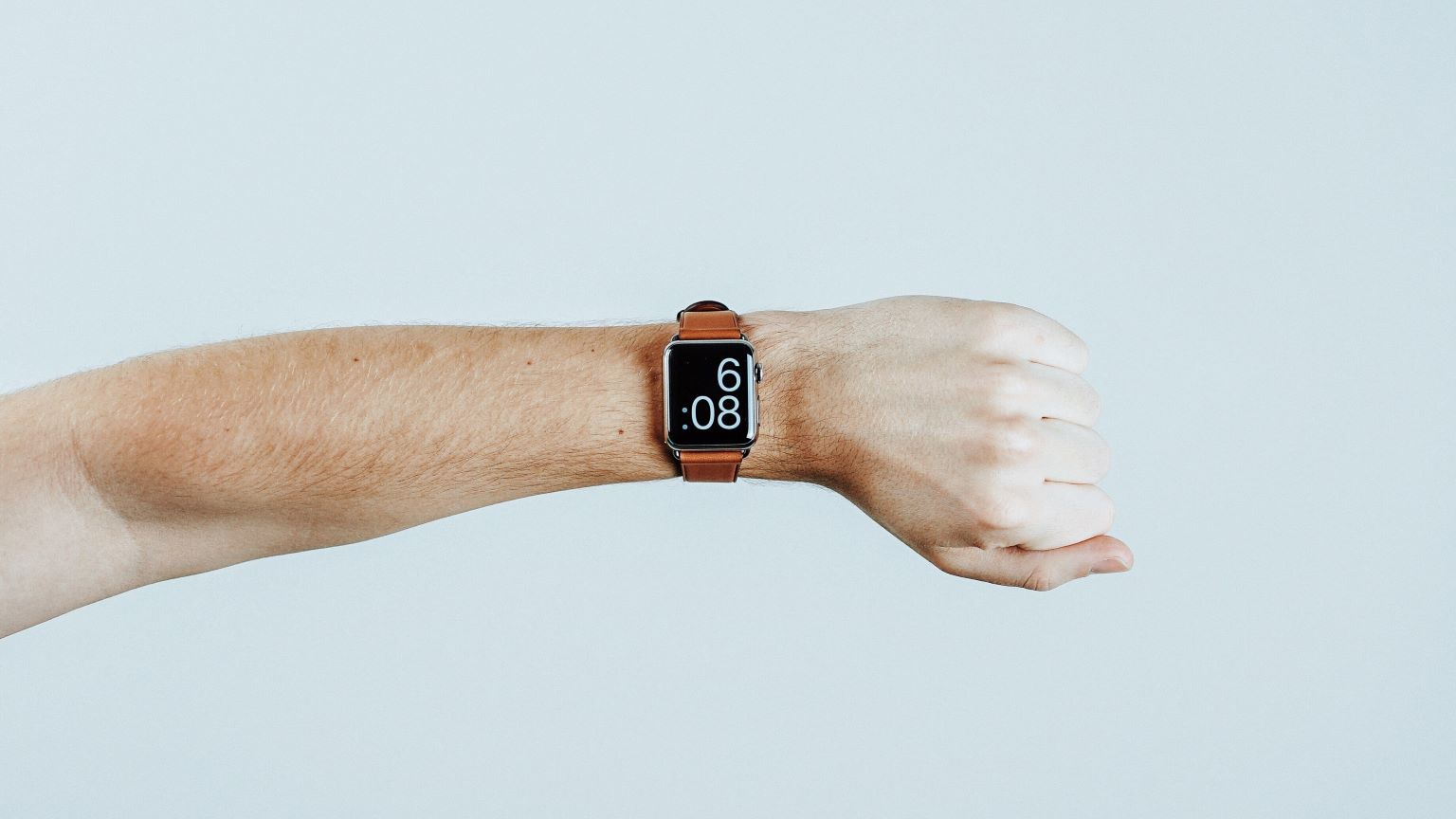Night owls die sooner, says study

Anyone who gravitates toward the nighttime knows what it’s like when some killjoy in their lives forces them to get up too early the next day. “It’s not healthy,” these evil people say, and a new study suggests they’re right: Night owls don’t live as long as day people. But why? It’s those anti-sleepists. The study (sorta) says that they stress us out and thus wind up shortening our lives. As co-lead author of the study neurologist Kristen Knutson says in a Northwestern University press release, “Night owls trying to live in a morning lark world may have health consequences for their bodies.”
The study, published in Chronobiology International, is by Knutson at Northwestern University in the U.S and chronobiologist Malcolm von Schantz at University of Surrey in the U.K. Chronobiology examines our natural physiological rhythms and how they interact with external natural cyclic phenomena. Being an owl or a lark is, in the chronobiological view, a matter of your chronotype.
The cost of living in darkness
The research, involving 433, 268 people in the UK Biobank Study, is the first to link being a night owl to a higher risk of mortality. Bottom line: Night people are 10% more likely to live a shorter life thank larks are. During the 6½-year study sample, 50,000 of them had a higher chance of dying.
Knutson suggests, “It could be that people who are up late have an internal biological clock that doesn’t match their external environment.” If so, it’s just the way they’re wired, and they’re forced to ignore their own internal clock to operate in the 9-to-5 world. The study posits, “Mortality risk in evening types may be due to behavioral, psychological and physiological risk factors, many of which may be attributable to chronic misalignment between internal physiological timing and externally imposed timing of work and social activities.”
What to do about this? von Schantz adds, “This is a public health issue that can no longer be ignored. We should discuss allowing evening types to start and finish work later, where practical. And we need more research about how we can help evening types cope with the higher effort of keeping their body clock in synchrony with sun time.”

On top of this, it’s also true that being up late can encourage life-shortening activities, from “eating at the wrong time for their body, not exercising enough, not sleeping enough, being awake at night by yourself, maybe drug or alcohol use,” says Knutson. “There are a whole variety of unhealthy behaviors related to being up late in the dark by yourself.”
Can you change your chronotype?
The authors believe that being an owl or a lark is a combination of genetics and environment, and so, “You’re not doomed,” according to Knutson. “Part of it you don’t have any control over and part of it you might.” If you want to retrain yourself into being a day person, there are a few things you can try, she says:
- Stick to a schedule of going to bed earlier and don’t let yourself drift to that later schedule that so calls to you.
- Try to get your to-do list checked off early each day to help you get to bed on time.
- Expose yourself to light early in the morning but keep your environment dark when it gets late.
Knutson plans more research on how night owls can shit their body clocks into sync with larks. “Then we’ll see if we get improvements in blood pressure and overall health,” she says.
Meeting night owls halfway
Still, not everyone will want to, or be able to, become a day person, and, says Knutson, “If we can recognize these chronotypes are, in part, genetically determined and not just a character flaw, jobs and work hours could have more flexibility for owls. They shouldn’t be forced to get up for an 8 a.m. shift.” Instead, “Make work shifts match peoples’ chronotypes. Some people may be better suited to night shifts.”

Another idea the study puts forth is that we should abolish Daylight Savings Time since switching to it in the spring is much harder on night owls. von Schwartz notes, “There are already reports of higher incidence of heart attacks following the switch to summer time. And we have to remember that even a small additional risk is multiplied by more than 1.3 billion people who experience this shift every year. I think we need to seriously consider whether the suggested benefits outweigh these risks.”
What this study adds up to, says one night owl
Night-owl chronotypes don’t operate the same way as the morning-lark chronotypes who are in charge of the world. This resulting conflict so stresses night owls that our lives are shortened. See where we’re going with this? Let us sleep for Pete’s sake.





